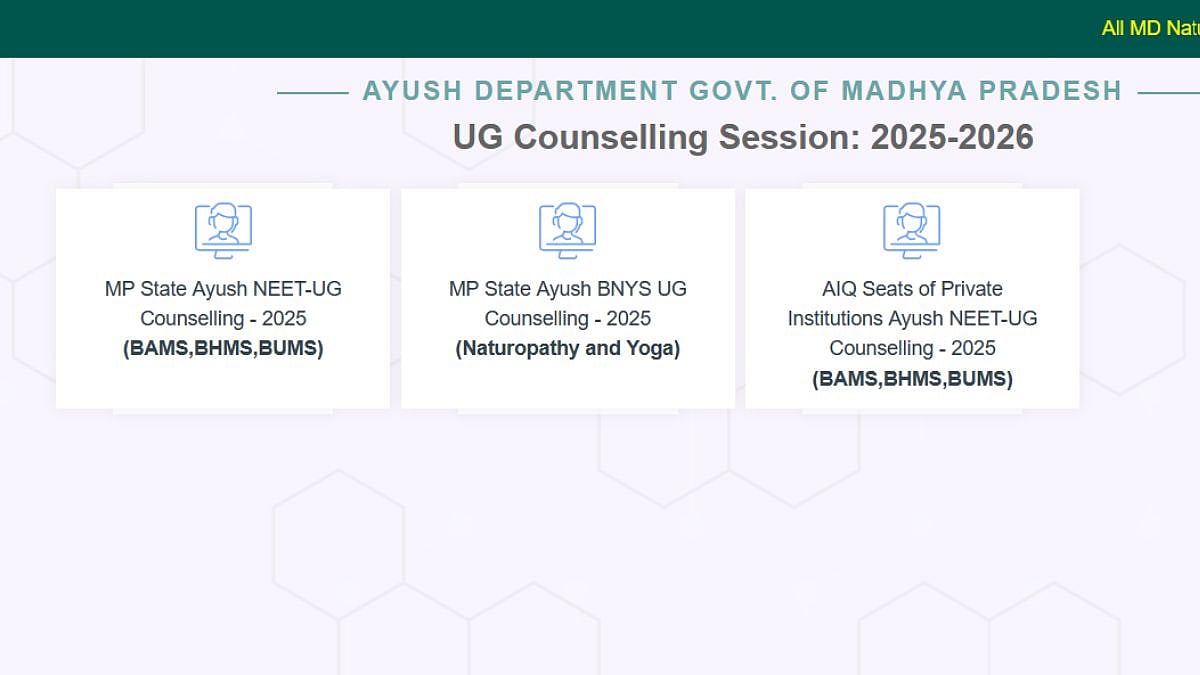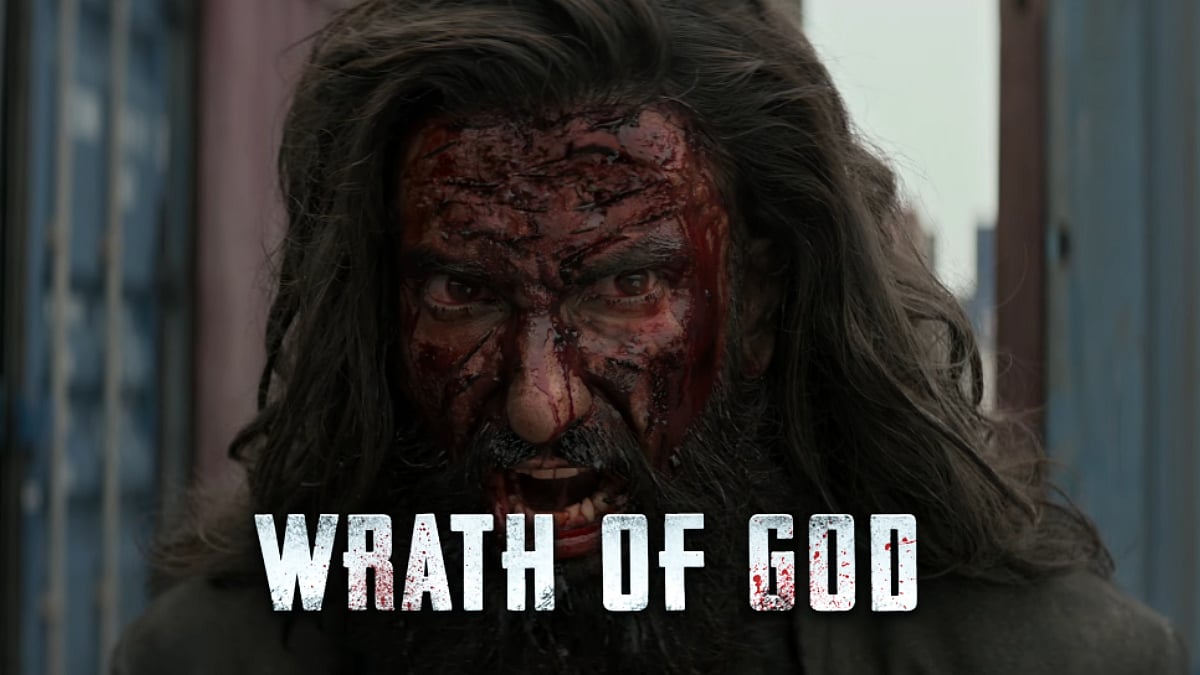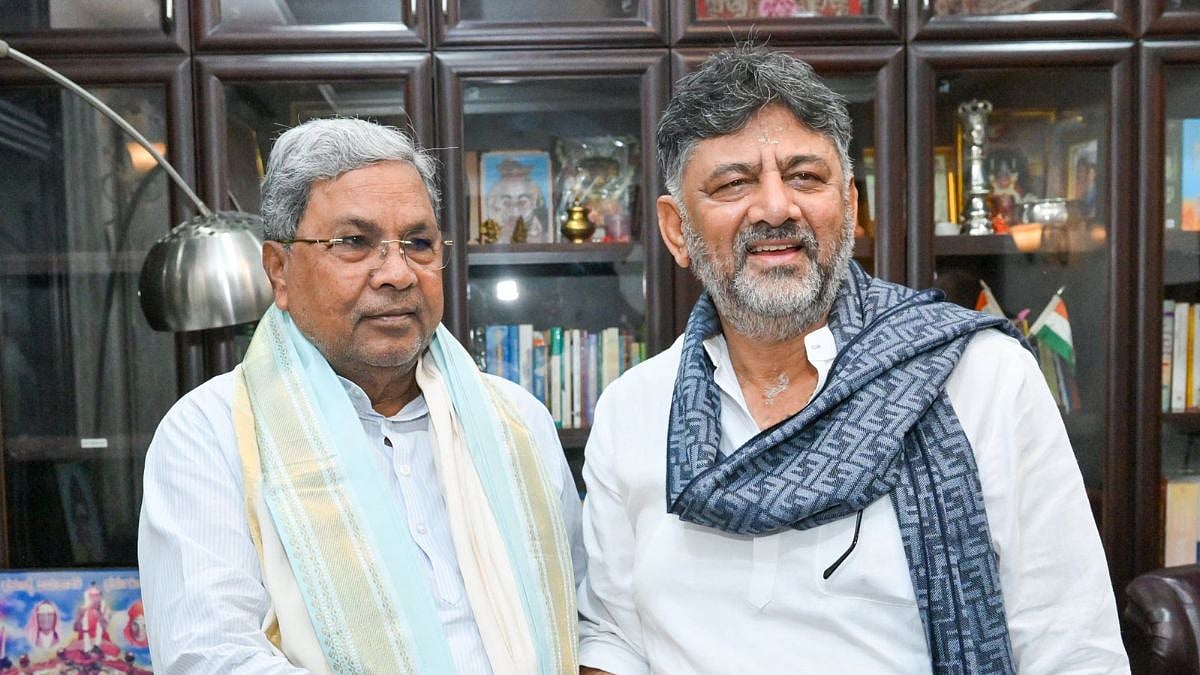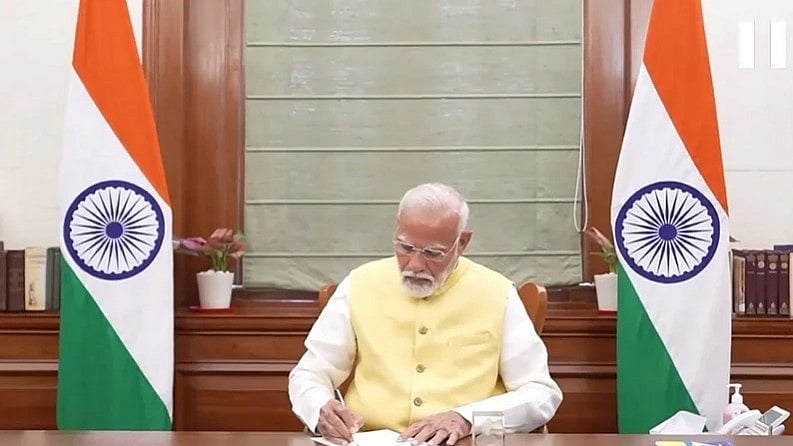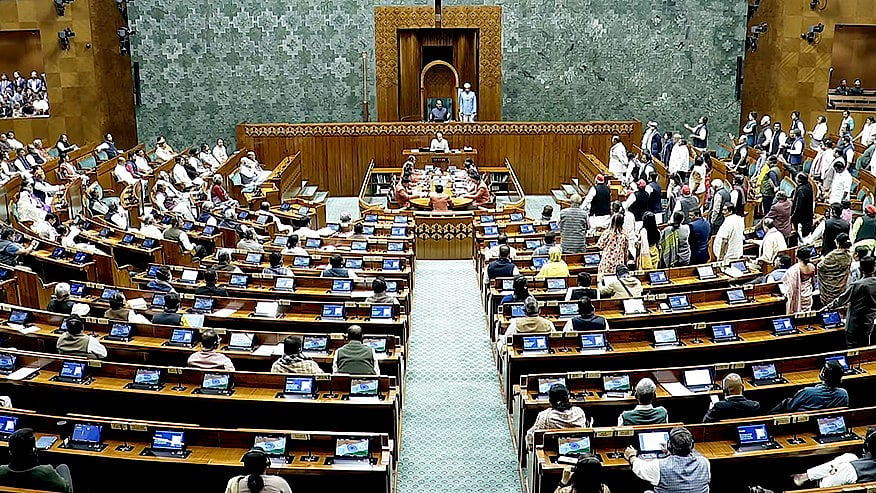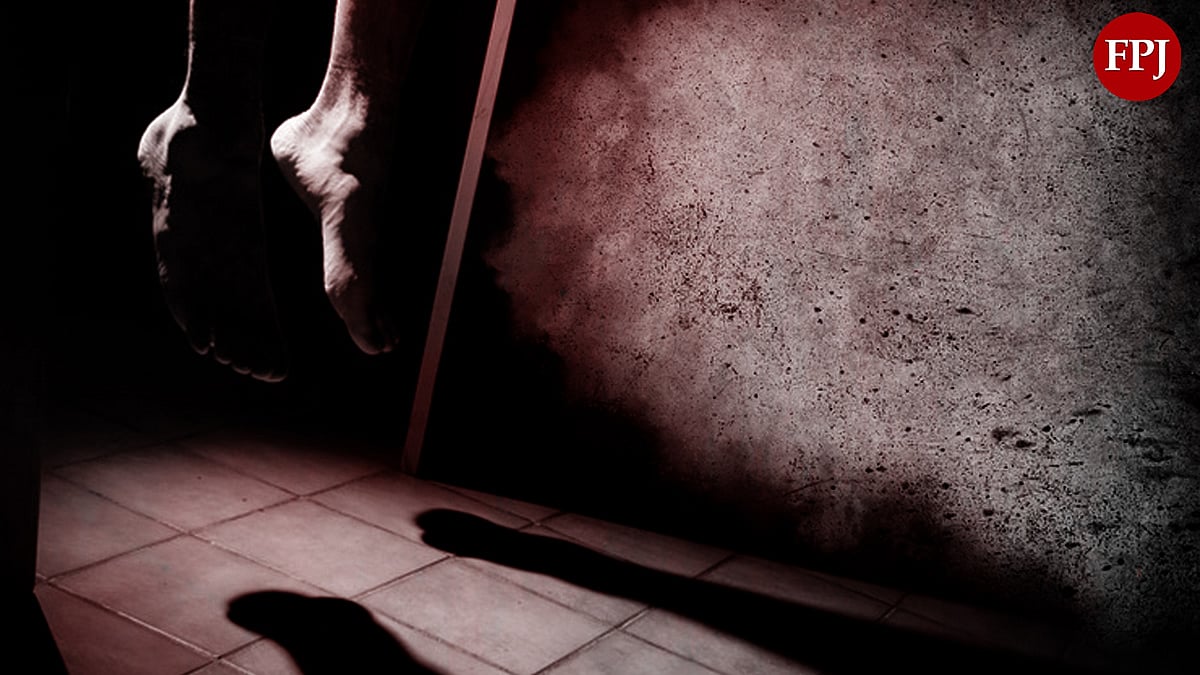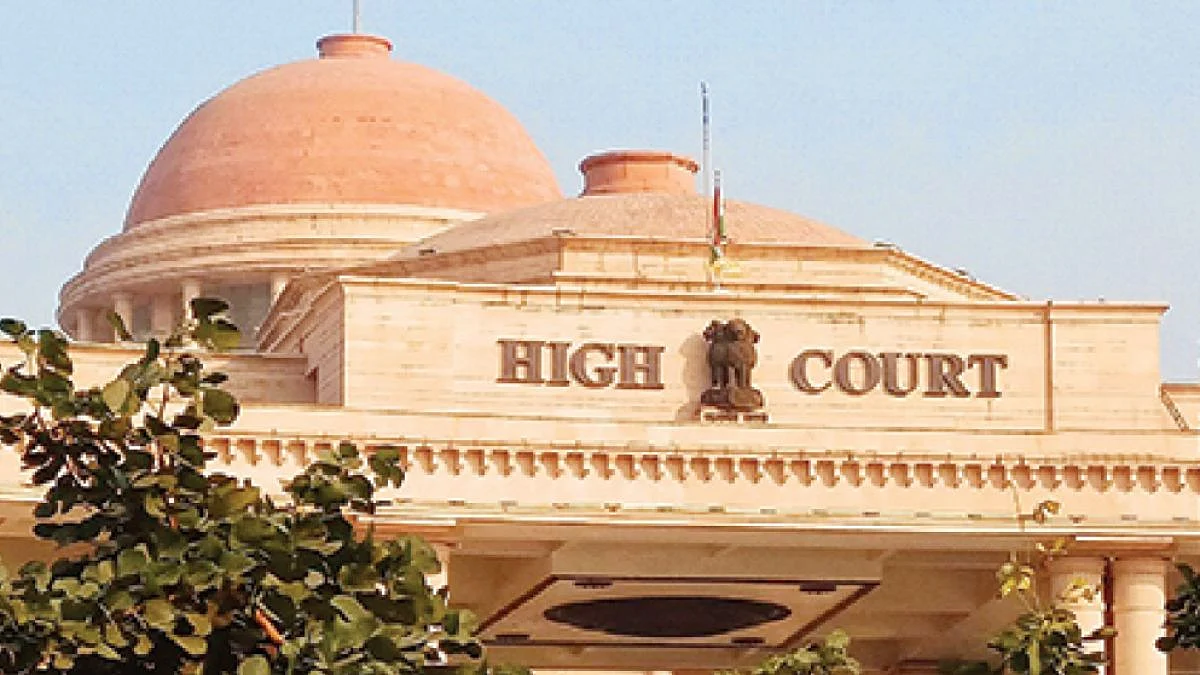Sathya Sai Baba, a Hindu guru revered by millions worldwide, died on April 24, 2011, near his ashram in Puttaparthy. He was 84. His death, after nearly a month of hospital treatment, was announced by the ashram, Prasanthi Nilayam, in the south of India.
Puttaparthy Sai Baba reportedly holds ashrams in more than 126 countries by his name, and his devotees in India included high-level politicians, movie stars, world-class athletes, and industrialists.
He was said to perform miracles, conjuring Rolex watches and “vibhuti” — sacred ash that his followers applied to their foreheads — from his halo of frizzy hair.
Early life
Sathya Sai Baba’s birthname was Sathya Narayana Raju.
Born without wealth or advantage as Sathyanarayana Raju, Sai Baba declared himself the reincarnation of Sai Baba of Shirdi, a 19th century guru, when he was 14. Followers claim that, after being stung by a scorpion, the teenager began singing devotional chants in the ancient language of Sanskrit, which he neither spoke nor read.
Popularity and works
His popularity grew over the years, and in 1944, the first ‘Mandir’ in his name was built in his hometown. Over the years, several other temples and other establishments were built for him across the country.
As part of philanthropical works, he started Sri Sathya Sai Seva Organisation in the 1960s. Sai Baba founded many schools and colleges, hospitals, and other charitable institutions in India and abroad through this trust.
Since Sai Baba founded his first permanent meditation centre more than 60 years ago, a vast construction programme funded by donations has converted the remote village where he was born into a thriving small city with dozens of temples, its own 220-bed specialised hospital offering free treatment, a university and an airport where charter planes bringing devotees from around the world arrive every day.
His organisation has financed health and education projects, among them hospitals and clinics that claim to cure illnesses beyond the capabilities of mainstream medicine.
Volunteers working with Sai Baba's NGOs have effectively delivered disaster relief and undertaken large-scale developmental works that have brought water or sanitation to hundreds of thousands of people.
There are thought to be more than 1,200 centres of his Sathya Sai organisation in over a hundred countries around the world.
Controversy
Rationalist critics led campaigns against him, calling him a charlatan and his miracles fake. And several news reports accused him of sexually abusing followers — accusations that he denied, and for which he was never charged.
Sai Baba was also the subject of a series of allegations of sexual abuse of young male followers. Participants in a 2004 BBC documentary, The Secret Swami, accused him of massaging their testicles with oil and coercing them into oral sex.
Sai Baba was never been charged with any offence over the sex abuse allegations and had denied all the charges against him, claiming they were part of a campaign to defame him.
"Some people out of their mean-mindedness are trying to tarnish the image of Sai Baba. I am not after name and fame. So, I do not lose anything by their false allegations. My glory will go on increasing day by day," the guru told followers in 2000.
In 1993, six people died violently in the spiritual leader's private rooms. The incident has never been fully explained. One possibility is a dispute between followers over money.
Death
Sai Baba had predicted his own death in 2019 but said that, having been reborn as the second reincarnation of Sai Baba of Shirdi, he would be reborn as the holy man's third and final reincarnation in 2023 in a small village in the state of Karnataka. His followers claim that, as he has died earlier than foreseen, he could return as early as next year.
Then Prime Minister Manmohan Singh described his death as an "irreparable loss". "He was a spiritual leader who inspired millions to lead a moral and meaningful life even as they followed the religion of their choice," said Mr Singh.

